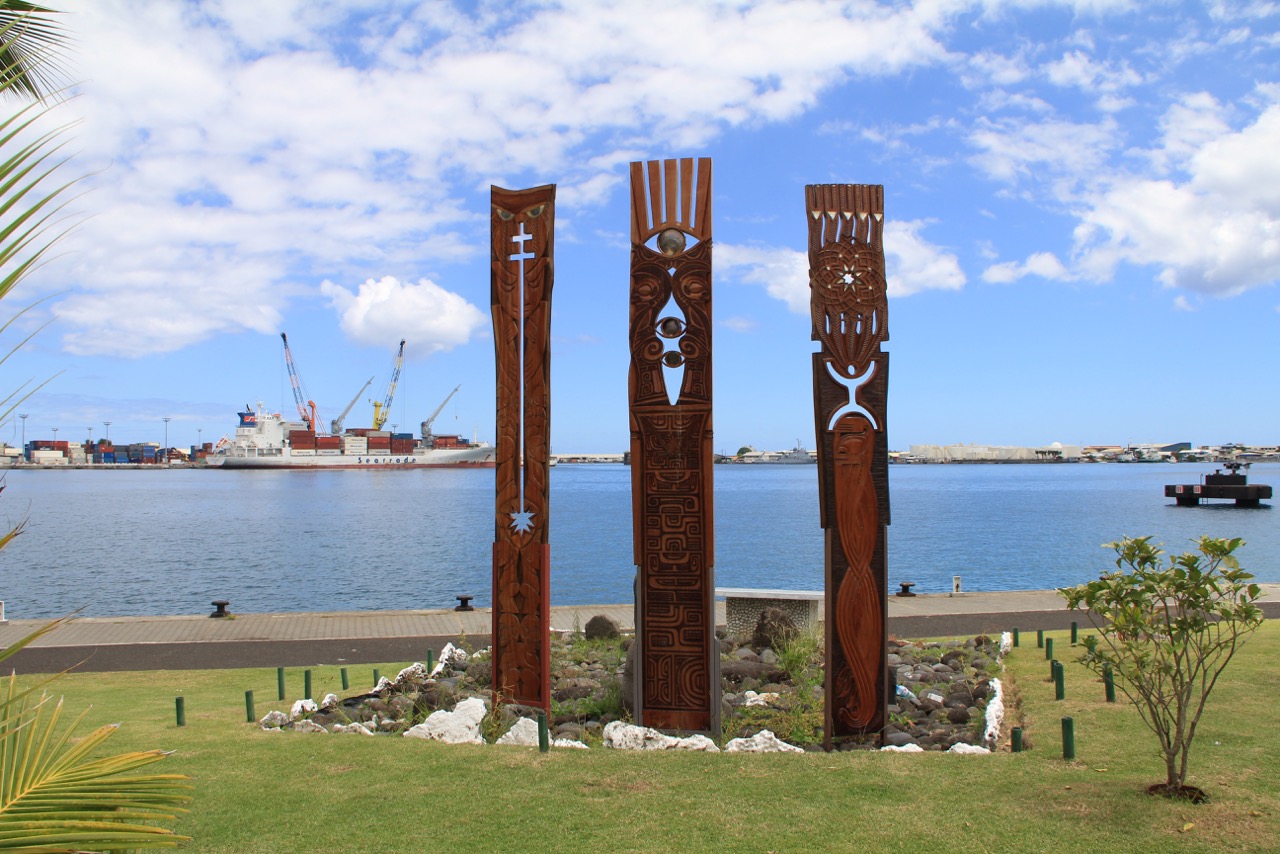The virtual seminar will be held from 12:30 to 2:00 p.m. (ET)
“Paura atomi, aita matou e hina‘aro ia ‘oe i teie fenua” – “Atomic bomb, we do not want you on this land,” sang Mā‘ohi artist Angelo Neuffer. Ever since French president Charles de Gaulle announced his decision to transform the atolls of Moruroa and Fangataufa into nuclear test sites, Mā‘ohi people have opposed the destruction of their homeland. Yet this local resistance, underpublicized, undertranslated, and undertaught, has often remained unheard in global antinuclear movements. This talk examines the cultural, artistic, and literary impact of nuclear colonialism in French (occupied) Polynesia through the lens of the songs, paintings, and novels by Mā‘ohi activists. These artists have not only powered the antinuclear movement since World War II, but are also continuing to fight for the right to write their own history in the twenty-first century. As France recently – and unilaterally – declared that the time for an appeased dialogue on nuclear issues had come, it is as important as ever to heed the message of those most impacted by, and most active against, nuclear imperialism.
About the speaker: Raised in Tahiti, Anaïs Maurer studied in France (La Sorbonne Université) and in the United States (Columbia University) before joining Rutgers University as Assistant Professor of French and Comparative Literature. Bridging climate justice, ecofeminism, and Indigenous studies, their work explores the poetics of resistance to environmental racism in Oceania, from the period of nuclear testing to our times of climate collapse. Their research has been published in The Contemporary Pacific, Francosphères, French Studies, and various collective monographs.
